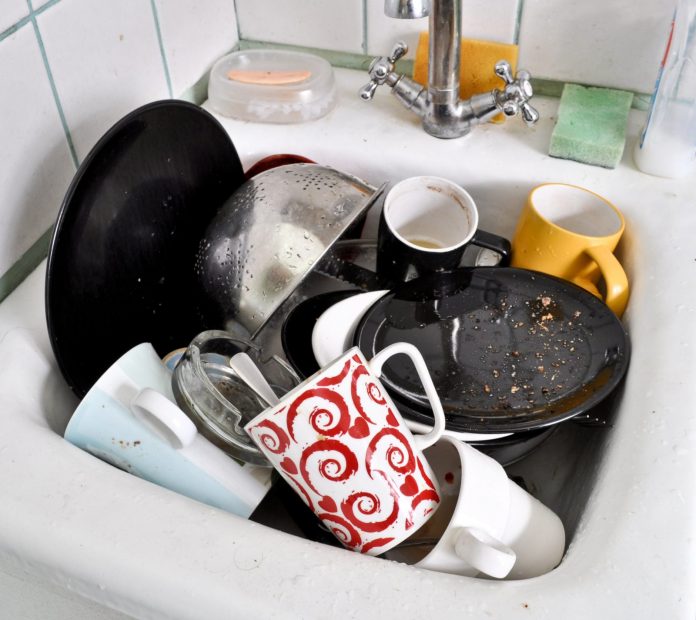You don’t have to appear on an episode of ‘Hoarders’ to feel anxious
Stuff—from children’s toys on the floor to dishes in the sink to catalogues covering every flat surface—may make you look like the worst housekeeper ever. Worse, it makes us feel bad, too. It turns out clutter affects our mood and self-esteem. The study found:
- For women a tidy home equals a happy and successful family. The more dishes pile up in the sink, the more anxious women feel.
- A large number of household items was linked to high cortisol (stress hormone) levels in women homeowners. The more stuff, the more stress women feel. Men, however, don’t appear to be affected by mess, leading to tensions between neat-freak wives and hoarding hubbies.
- Families that want to reduce clutter have difficulty tossing things. They can’t break sentimental attachments to objects or believe things have monetary value.
- Although Americans give birth to only 3 percent of the world’s children, we buy 40 percent of the world’s toys. These toys—along with artwork, pictures and trophies—fight for space.
Before you start feeling overwhelmed, there are some simple things you can do to de-clutter:
Clean your kitchen sink every day. Place dishes in the dishwasher instead of in the sink. When there’s no pile of dirty dishes in the sink to greet you, your spirits lift instantly.
Keep your refrigerator door clutter free. Researchers found a correlation between the number of items stuck to the fridge door and the amount of clutter throughout the rest of the house. Get rid of extra magnets and file take-out menus.
Donate unused items to charity. If you haven’t worn that skirt in the past 12 months, give it to someone who will.
Adopt the “Rule of Five.” Every time you walk through a room, put away five things. Or, each hour, devote five minutes to de-cluttering. At the end of the day, you’ve cleaned for an hour.







